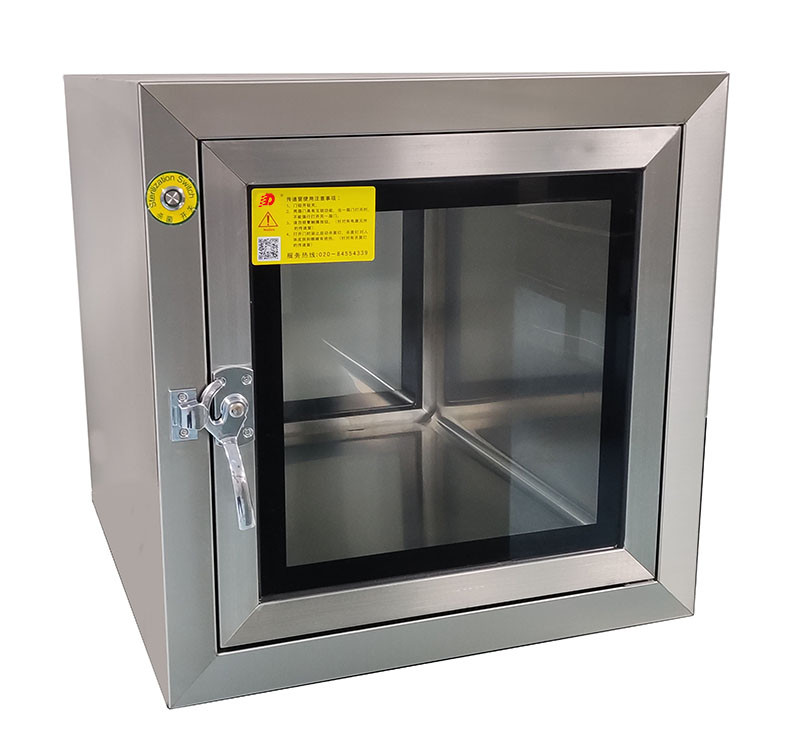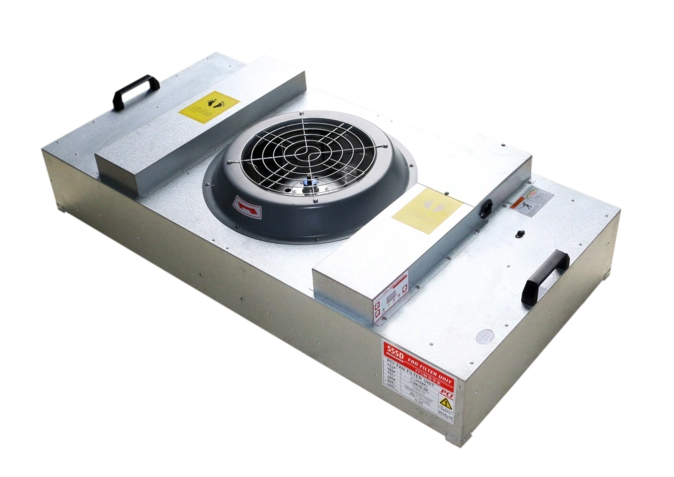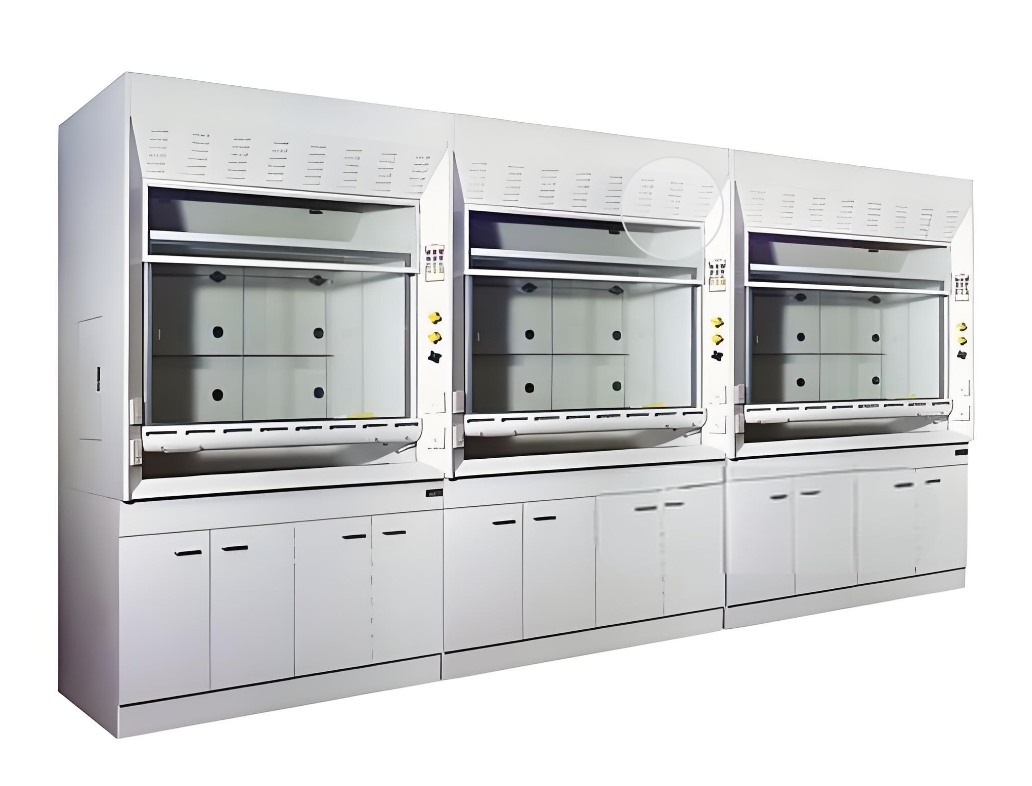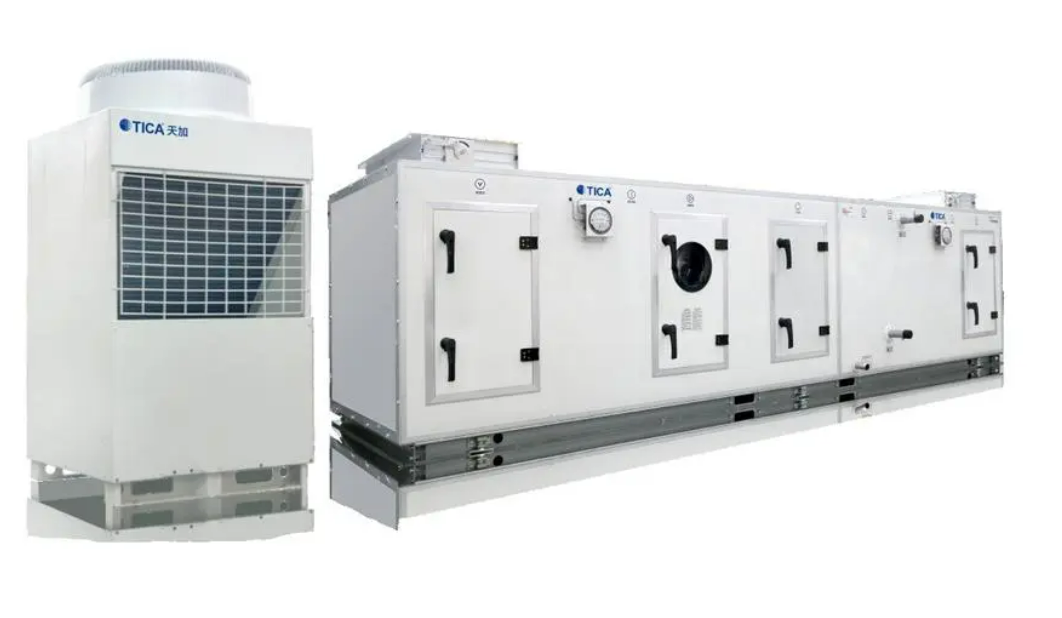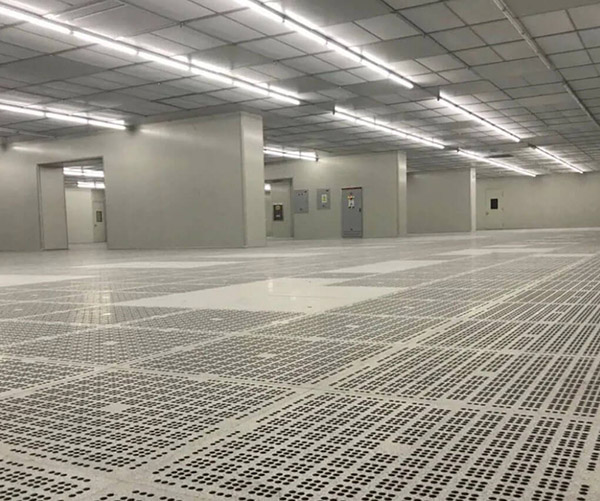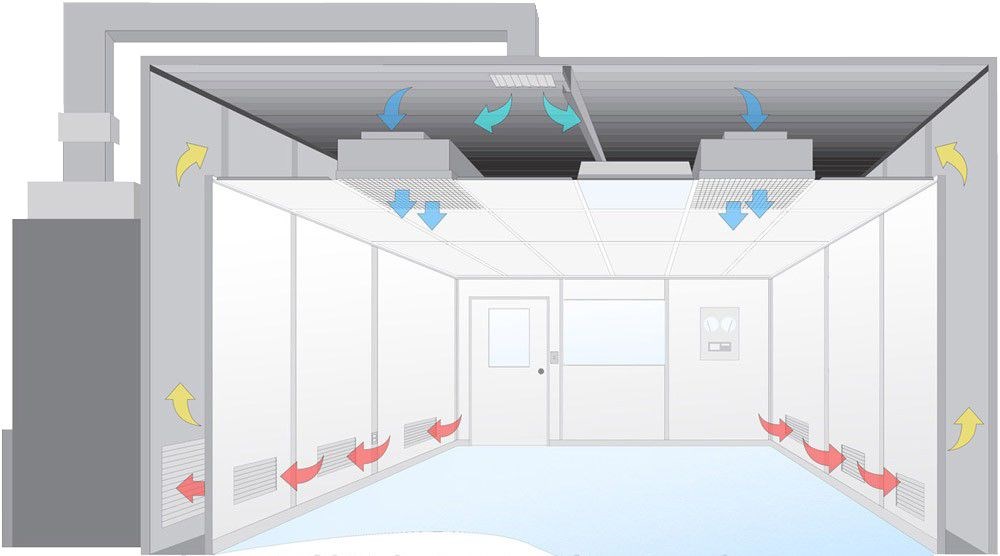Cleanroom engineering Services for Solid Beverage Production
Ensuring Regulatory Compliance and Operational Excellence
Scope of Solid Beverage Production License
The scope of the solid beverage production license delineates the specific types of products that can be manufactured, including various categories such as instant coffee, tea powders, nutritional supplements, and fortified beverages. Compliance with international food safety regulations, such as the Codex Alimentarius guidelines, is essential.
Product labels may include claims such as organic, gluten-free, or non-GMO, which must align with international standards for market acceptance. Clear definition of the product range ensures efficient regulatory review and approval processes.
Production Site Inspection
A comprehensive production site inspection is essential to ensure the facility meets all health and safety regulations. Inspectors evaluate cleanliness, organization, and overall condition, including pest control measures, waste management practices, and compliance with local zoning laws.
Adequate separation of areas is crucial to prevent cross-contamination, especially when processing different products or allergenic ingredients. Compliance with standards set by the FDA and EFSA is necessary for operational approvals.

Equipment and Facility Verification
Verification of equipment and facilities is a critical step in the licensing process. All machinery must comply with safety and operational standards, including proper calibration and regular maintenance checks to prevent contamination risks.
Facility utilities such as water supply, electricity, and air filtration systems must also be assessed for compliance. State-of-the-art equipment solutions ensure operational efficiency while meeting regulatory requirements.

Equipment Layout and Process Flow
The layout of equipment and process flow must be designed to optimize efficiency and minimize contamination risks. A logical flow from raw material reception to processing, packaging, and storage is essential for adhering to Good Manufacturing Practices (GMP).
An efficient layout facilitates easy cleaning and maintenance, ensuring compliance with international safety standards such as ISO. Advanced equipment solutions support the establishment of an optimal production environment.

Personnel Verification & Management System Review
All employees involved in production must be qualified and trained in food safety, hygiene practices, and production protocols. Regular training sessions and competency assessments ensure staff are up-to-date with the latest industry practices.
A thorough review of the management system evaluates documentation practices, quality control measures, and corrective action protocols. A robust system ensures traceability and accountability throughout the production process, complying with HACCP guidelines.

Inspection of Trial Products
| Inspection Area | Evaluation Criteria | International Standards |
|---|---|---|
| Quality Assessment | Sensory characteristics, nutritional content | Codex Alimentarius |
| Safety Evaluation | Microbiological testing, contamination risks | FDA, EFSA |
| Compliance Check | Regulatory specifications, label claims | Local food safety regulations |
| Shelf Stability | Product longevity under various conditions | Industry best practices |
Documentation of trial results is crucial for demonstrating compliance with all regulatory requirements prior to commercial release. Thorough testing ensures a smooth transition from trial to full-scale production.
Conclusion
Obtaining a solid beverage production license involves a detailed review process covering all aspects of production, from license scope to trial product inspection. Each step ensures safety, quality, and compliance with international standards.
Cleanroom engineering services play a vital role in this process, providing equipment and solutions that enhance operational efficiency and regulatory compliance, ensuring successful market entry for your products.
Contact us for professional cleanroom engineering services
info@cleanroom-engineering.com | +1 (555) 123-4567
 +86 18186671616
+86 18186671616 Jason@cleanroomequips.com
Jason@cleanroomequips.com
 MENU
MENU







